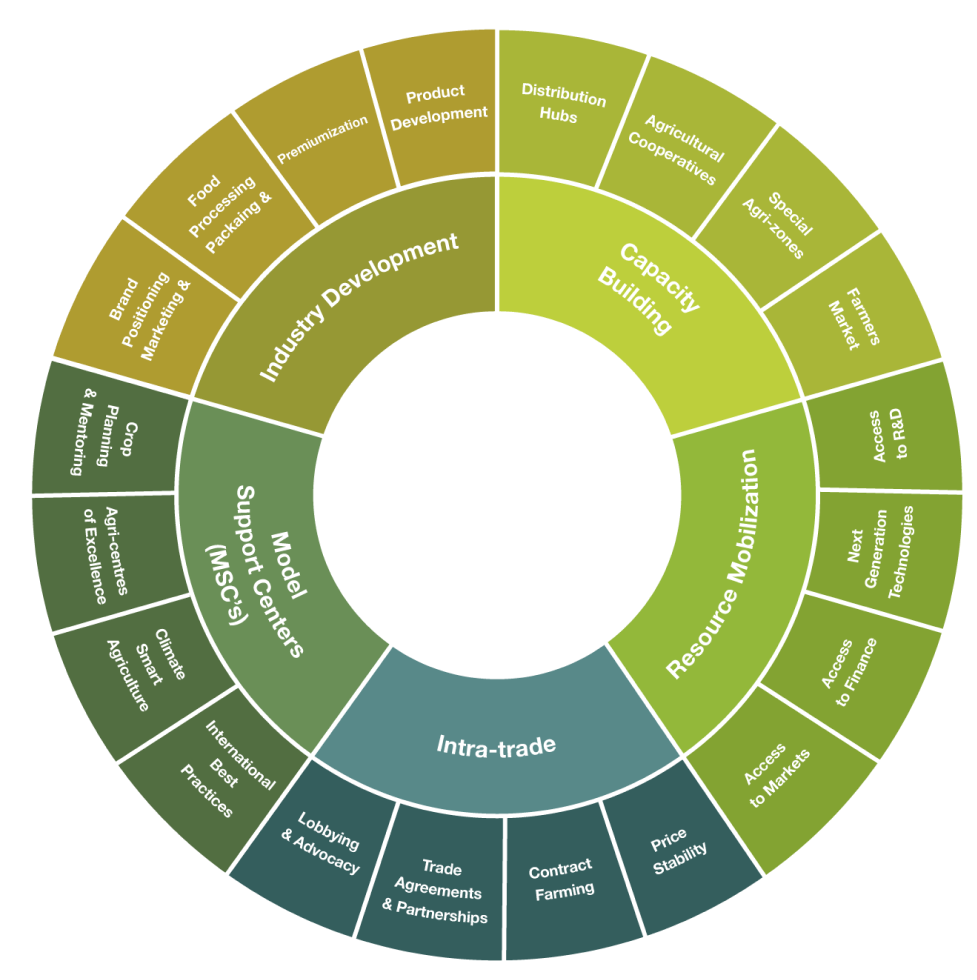Contract Farming
Contractual farming establishes partnerships between investors and farmers, providing financial security, access to modern techniques, and a stable market.
SILO’s and beyond
Contractual farming not only ensures stable markets but also bolsters food security by guaranteeing produce storage and encouraging a strategic, long-term approach to agriculture. This collaborative model builds trust, aligns goals, and fosters quality control for mutual benefit.
Collaborative Food Security
A Path To Prosperity
Contractual farming, combining private investment and agricultural production, creates a mutually beneficial relationship benefiting both investors and farmers, fostering financial security and modern techniques access.
Contractual farming goes beyond commercial transactions, contributing to food security by guaranteeing stored produce and encouraging strategic, long-term agricultural approaches that prioritize collaboration, trust, and mutual benefit.
Contractual farming signifies a collaborative model that merges private investment with agricultural production, benefiting both investors and farmers. This approach fosters reliable markets for investors and provides financial security and access to modern techniques for farmers, ultimately boosting agricultural output and contributing to local economies and sustainable development. This concept involves formal agreements where one party agrees to produce a specific product, and the other party commits to invest and purchase the produce.
For instance, the partnership between Brazil and Saudi Arabia exemplifies contractual farming, where Saudi Arabia's financial resources support Brazilian agriculture, and Brazilian farmers gain a stable market for their produce. Such agreements offer security and stability to farmers, enabling them to plan and invest without market uncertainties. Contractual farming also plays a crucial role in enhancing food security by ensuring guaranteed produce storage, helping countries mitigate unexpected shortages or crises like wars. It encourages a strategic, long-term approach to agriculture, fostering collaboration, quality control, and trust-based partnerships.
A Look Into Contract Farming
Objective Key Results (OKR) Methodology
This strategic approach ensures effective utilization of resources, promotes accountability, and facilitates the achievement of key objectives and measurable outcomes. Implementing the Objectives and Key Results (OKR) methodology within the context of IOFS's strategy can provide a structured approach to achieving its mission and objectives.
It emphasizes setting ambitious, yet achievable, objectives that drive meaningful impact. In the context of strategy implementation, this means identifying goals that align with the deliverables.
OKRs provide a structured approach to defining and communicating the objectives and desired outcomes of a PPP project.
Key Results are specific, measurable outcomes that help track progress toward the defined objectives involving quantifiable metrics such as completion of infrastructure projects on time, cost savings achieved through efficient operations.
This transparency builds trust and accountability, as progress is visible to both the public and private sectors. This accountability encourages collaboration and ensures that all parties remain committed to achieving the agreed-upon outcomes.
The OKR methodology encourages frequent reviews and adjustments of goals based on changing circumstances.
Regular reviews of OKRs provide opportunities to identify areas where adjustments or improvements are needed, fostering innovation in both service delivery and project execution.


Our Value Programs
Get in touch
Almukarramah team can’t wait to answer any questions you might have for Trade57!



